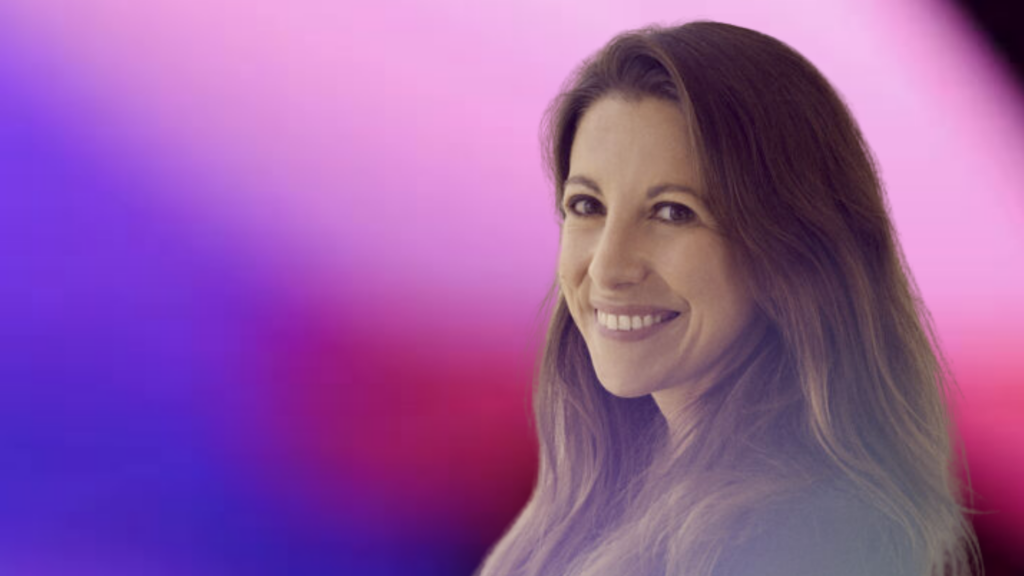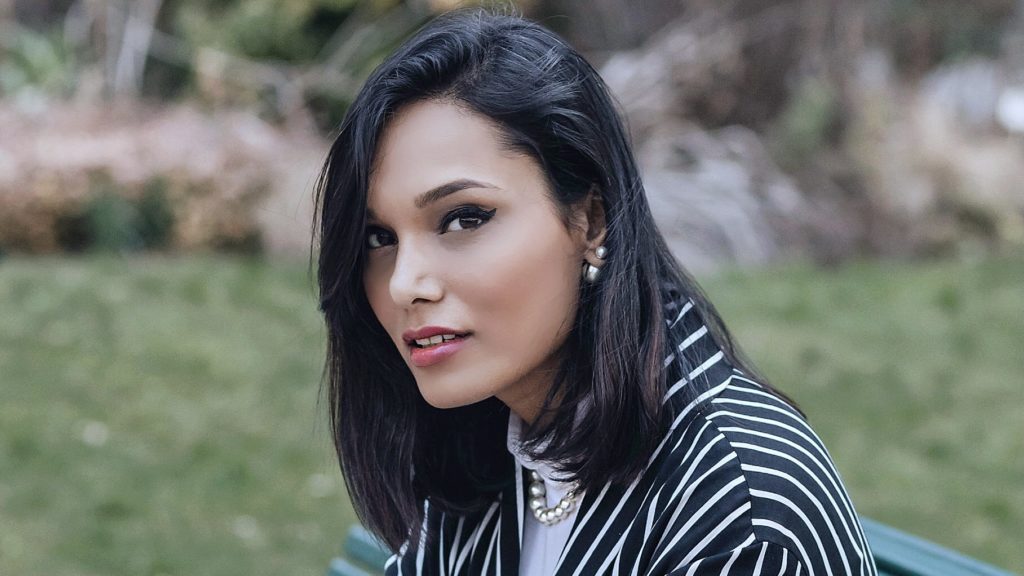PD Soros Fellow Riana Shah on the power of education, tech and DEI

Anyone who has ever been a teenage girl knows it’s a period of life that comes with a unique set of challenges. Many are eager to pack away that part of their lives and move on.
For Riana Shah, her teen years were marked by a particularly unique series of events: a move with her mom and little sister from Ahmedabad, India, to Queens, New York. As new immigrants, her family found themselves living far below the poverty line, and as her mother picked up extra shifts at the grocery store, 14-year-old Shah stepped into the role of a substitute parent for her little sister.
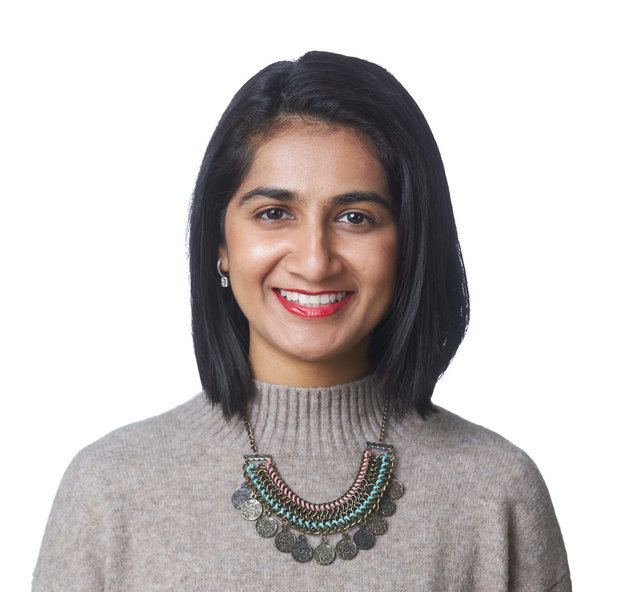
While the transition wasn’t without struggles, it defined a positive new chapter in her life. As a pupil of a rote-memorization-based education system in India, Riana grew up being told there was always a right and wrong answer. She wasted no time researching and contacting the top high schools throughout the city until one agreed to let her take their 9th grade entrance exam. It wasn’t until she began attending a progressive New York City school, Bard High School Early College, that she began to think critically about complex world issues. Her story is one of opportunity, hope, and motivation. Maybe feeling different is the very thing that set Riana’s sights on creating inclusive environments everywhere she goes, which is exactly what she continues to do today.
“By realizing that solutions to social problems were not black and white, but were in fact gray, I felt empowered to make change,” reflects Shah.
In 2020 she was selected as a Paul & Daisy Soros Fellow. She used her fellowship to support her work towards an MPA/MBA in Public Administration and Business at Harvard University and Massachusetts Institute of Technology (MIT) Sloan School of Management.
“At PDS you’re part of a community of immigrants or descendants of immigrants who celebrate immigration and understand the struggles that come with it. It was this thirst for an Interdisciplinary community of individuals who were passionate experts in their fields that really drove me to apply,” reflects Shah.
Just as P.D. Soros did for Shah; it has helped to shape the futures of close to a thousand immigrants since it was established 24 years ago, providing financial support and an extensive community which Shah describes more like extended family than a network.
“They are some of the most passionate, nurturing, and brilliant human beings I have ever met,” says Shah.
Learn more about it here, as well as eligibility requirements and the approaching October application deadline (find this and other scholarships inside MBAchic).
Shah’s shifted view of the world around her coupled with a motivation to challenge the status quo led her to found Independent Thought and Social Action International (ITSA), an education reform venture that redesigns schools to teach students 21st-century critical thinking and social innovation skills when she was just an undergraduate.
She has since co-founded the AI upskilling program Ethix.AI, where she works to help coders to actively incorporate critical thinking about ethics and bias in algorithm development, and has spoken at the United Nations, the US State Department, and the International Forum on Child Welfare.
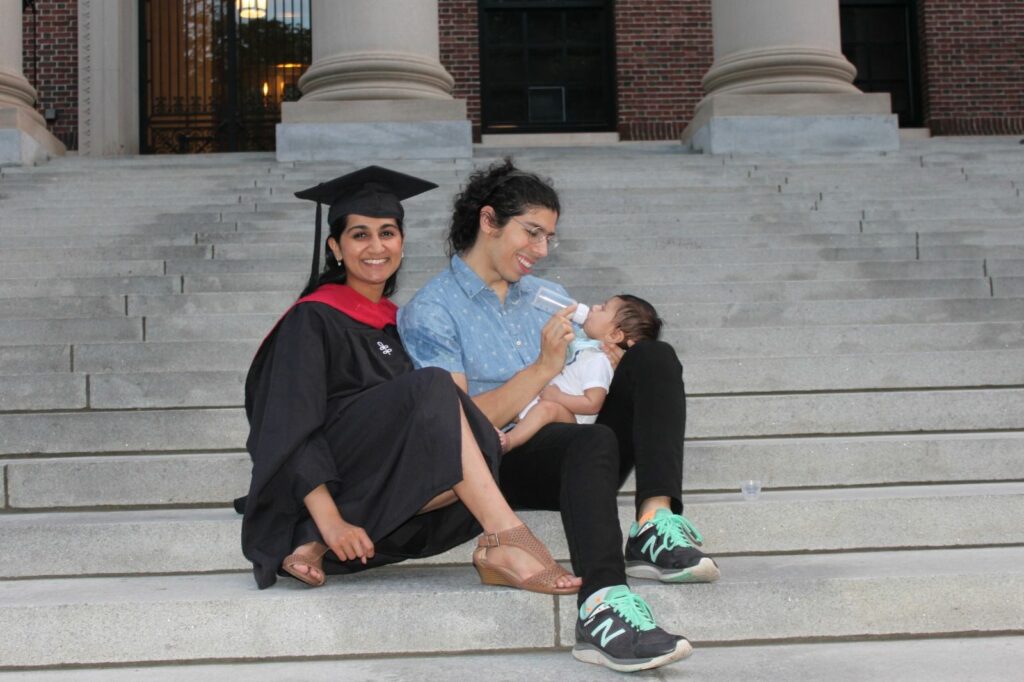
Following her work in education reform, she spent several years in technology, venture capital, management consulting and innovation strategy working with public and private institutions.
Now living with her family on the West Coast, Shah remains passionate about diversity, equity and inclusion efforts both professionally in the banking world, and personally as she navigates motherhood. She shares her P.D. Soros’ story with MBAchic, how she plans to teach her son about her family history, and why a career in investment banking feels like an MBA on steroids.
MBAchic: How did the P.D. Soros Fellowship help to shape your MBA experience, and how has achieving your MBA helped open up opportunities to you in your professional life?
Riana Shah: My peer PD Soros fellows are like my family – speaking with them is such a highlight and when I was in graduate school during COVID we had monthly Zoom catch up sessions. When I was pregnant during COVID instead of a baby shower we threw an Interdisciplinary Baby Symposium over Zoom where amazing friends, including several PD Soros Fellows, presented their expertise on baby-related topics. Dr. Shyam Akula ’20 PDS fellow presented his research on baby brain anatomy and Dr. Mohamed Ismail ’20 PDS fellow presented his research on childcare architectural design for different climates, among others! I learned a ton and had such a great time knowing that these amazing individuals were part of my family.
MBAchic: As a pupil of a rote-memorization-based education system in India, you grew up being told there was always a right and wrong answer. Can you talk about this in contrast to your experience attending a progressive school in the US? How did this expand your view of education and the world?
Riana Shah: Through my classes and extracurriculars at New York City’s Bard High School Early College, I became aware of the huge discrepancies between the progressive education methods used at my new high school and the traditional methods to which I’d grown accustomed in India. In India, my school had emphasized rote memorization: I was expected to regurgitate the “right answers” from my textbooks on standardized tests, and there was no space for ideas and creativity. This discrepancy meant that many of my Indian classmates were growing up to become technicians, not thinkers. At Bard, I was granted the freedom to explore philosophers like Foucault and Kant, question the status quo, and learn to be critically thoughtful.
MBAchic: What’s your advice to those interested in applying to the P.D. Soros Fellowship in 2023?
Riana Shah: My advice to those applying to the fellowship is to be audacious in your goals – embrace your most ambitious self and show that to the committee. Showcase your expertise but also recognize that interdisciplinary knowledge and ability to go between different areas (like policy and business for me) can also be considered a type of expertise.
MBAchic: You currently work as a Technology Investment Banker, a demanding and exciting career path, what interests and challenges you most about your current field?
Riana Shah: As someone who has built and sold a smaller technology company and is deeply passionate about technology, I wanted to work in technology investment banking to see what mature, IPO-ready companies look like… as an experiential learner Investment Banking felt like an MBA on steroids, that let me dive into real world, high stakes situations. I also felt as a woman it was incredibly important for me to be comfortable and adept at finance and numbers and understand the world from that perspective. I can see myself being a banker for a long time but also see myself as a CFO or CEO of a public company in the future.
The most challenging part of the job is also the most exciting part of the job, which is the learning curve. You can never feel fully comfortable in your knowledge – there is always more to learn. Over time the job changes a lot and expectations of what you are capable of doing increases. In such a fast-paced environment, it’s easy to sometimes feel like an imposter, but trusting the journey and knowing that you’re learning — even if you feel like there’s so much more to learn — is important.
MBAchic: You are a new mom! What lessons do you plan to share with your son about the immigrant experience and what do you hope he grows up learning from your journey?
Riana Shah: Being a mom has been an incredible way to maintain perspective on life and see tangibly how far I’ve come and how I have grown. I hope to teach my kiddo how to be resilient, empathetic and not lose sight of the big picture. I am excited to take him to India for the first time this October so he can meet his great-grandparents. I hope he learns that with persistence and grit individuals can overcome, and that he is standing on the shoulders of all those who have put in the work before him.
MBAchic: Diversity, Equity and Inclusion efforts have been a big part of your personal and professional focus. From your personal experience, what ways can leadership in corporate America improve on their DEI efforts to create more equitable workplaces for everyone – particularly women and underrepresented immigrant communities?
Riana Shah: I see three main initiatives that can create more equitable workplaces for everyone.
- The most basic benefit that corporations need to do to improve representation is provide parental leave of ideally 4-6 months for all parents (not just the birthing parent). To equitably contribute to a household and child rearing, the non-birthing parent needs to put in dedicated time caring for their child. That would be the greatest equalizer for a birthing parent to have a supportive partner who can reliably be fully responsible for caring for their child at least 50% of the time.
- I can’t believe I have to say this but corporate policies that enable abortion access, provide lactation rooms, and create an atmosphere in which underrepresented folks are welcome is essential.
- Being aware of how artificial intelligence is leveraged and deployed is important. If AI tools are replacing jobs, providing retraining and reskilling programs for displaced employees is crucial. These training programs can also be a win-win if they create pathways for socio-economic mobility for the lowest paid workers at corporations to gain skills while also filling gaps for companies.
It is also important to conduct audits of any machine learning algorithms to ensure that they are not creating inequity. Algorithms have the potential to either replicate the biases and inequalities that already exist in our society or can be used as a force for good—to equalize and overcome our current human shortcomings. At present, certain AI algorithms demonstrate bias because they intake data that humans have produced over the last twenty years. For instance, criminal risk assessment tools used to determine punishments are systematically biased against offenders of color because they are trained using historic decisions that humans have made in the past. These problems extend to many other arenas, including disease detection, automated employment filters, autonomous vehicles, and more.
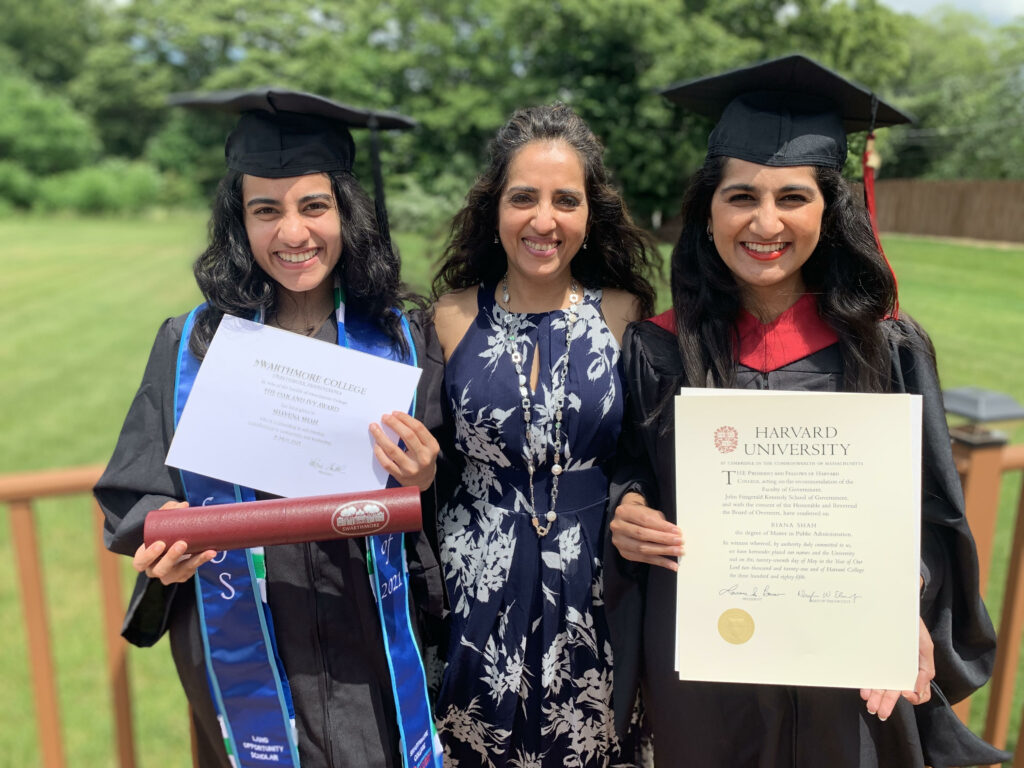
Photos from Riana Shah





